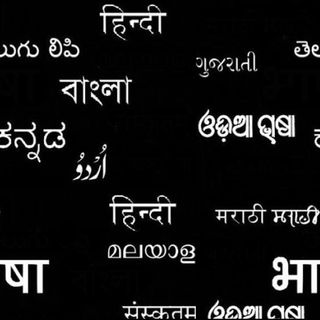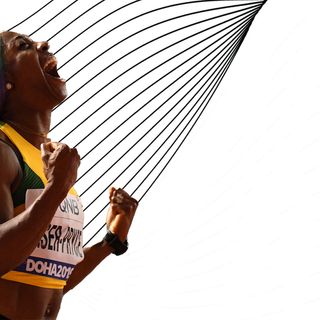Young female athletes aged 7 to 18 do not seek treatment for concussions soon enough, as compared to male athletes, according to a study published in the Clinical Journal of Sport Medicine. Not recognizing sports-related concussions (SRCs) soon enough could lead to more symptoms and longer recovery periods, according to the research results.
A major cause for this blind spot is the lack of infrastructure, that is, health care, coaching, and other forms of support provided to young girls in sports both during training and during competitions. “It is possible that the lack of athletic training coverage at the time of injury may affect the time to concussion recognition during the first critical hours and days after injury,” said senior author Dr. Christina Master, a pediatric and adolescent primary care sports medicine specialist. If a coach or a health care provider were available when a concussion occurred, it would be immediately recognized and the player would be tabled and sent to seek medical help.
However, the likelihood of this process occurring soon — especially in India — is highly slim. According to The Swaddle’s previous report on the state of women’s football in India, there is a dire lack of availability of sponsorship, coaches and medical assistance for football matches. Considering that sports infrastructure barely exists for Indian team sports that aren’t men’s cricket, women playing high-impact sports like basketball, football, kabaddi, wrestling, and volleyball barely receive any attention, let alone funding for talent development — and for the support staff and systems able to recognize serious injuries.
Sports-related concussions are a type of traumatic brain injury, which is what happens when the head sustains impact force strong enough to cause neurological problems. Symptoms of concussions include “headache, cognitive problems such as mental fogginess or changes in memory, problems with balance and coordination, behavioral changes such as irritability, and slowed reaction time,” according to the American Academy of Neurology.
Previously, research had found that women were at a higher risk for sports-related concussions than men. Sports-related concussions also linger twice as long in adolescent girls, which researchers now believe might be due to their lack of awareness regarding seeking timely treatment.
Related on The Swaddle:
Study: Untreated Brain Injury Common in Survivors of Domestic Violence
“There is speculation in the scientific community that the reasons adolescent female athletes might suffer more symptoms and prolonged recoveries than their male counterparts include weaker neck musculature and hormonal differences,” said Dr. Master. “We now see that delayed presentation to specialty care for concussion is associated with prolonged recovery, and that is something we can potentially address.”
The research team analyzed records of 192 children aged 7 to 18 who were diagnosed with sports-related concussions, to find that young girls took around 15 days to seek specialist help, while boys did so in nine days. Since waiting longer than one week to seek specialist help is a factor linked to prolonged recovery, young girls had longer recovery trajectories.




